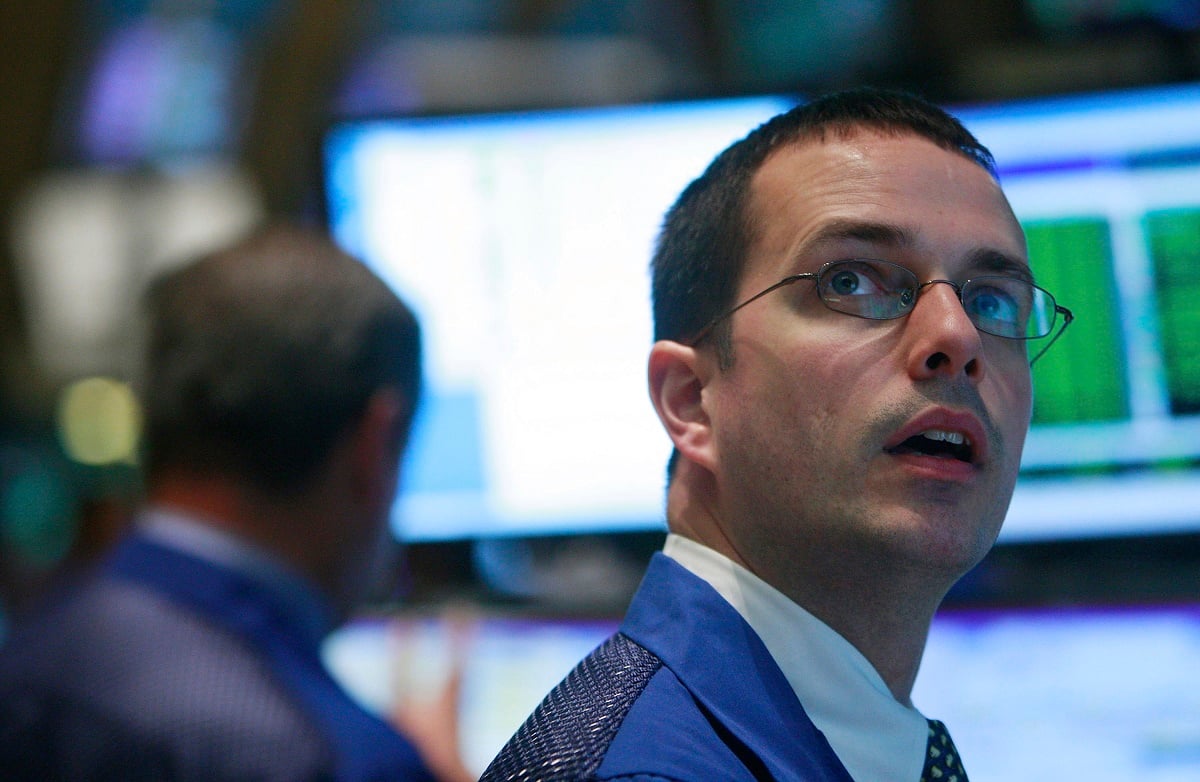Billionaire Bill Ackman has become one of the most influential and closely watched investors on Wall Street. Not only does he frequently post about the stock market and politics to his 1.8 million followers on X, he also runs Pershing Square Capital Management's roughly $12 billion equities portfolio.
Pershing's stock portfolio is heavily concentrated in about a dozen names. It's common to hear the benefits of a well-diversified portfolio, but Ackman has equated this strategy to a form of laziness for investors who simply haven't done the work to confidently understand what they're buying. While Ackman's fund has done well, is a concentrated portfolio like Pershing's really the best move for most investors?
What is Ackman really saying?
Here is what Ackman said about diversification at a speech in 2010:
You shouldn't invest in something unless you've done a lot of research and are completely comfortable with it. I think most investors overdiversify because they're lazy. They haven't done enough research into any of their companies. If they've got 200 positions, do you think they know what's going on at any one of those companies at this moment? As a result of overdiversification, their returns get watered down. Diversification covers up ignorance. We do extensive research and then feel totally comfortable with our eight or 10 positions. That's our risk management.
Although some may find this statement to be overly harsh or a bit cocky, the great Warren Buffett has pretty much said the same thing about diversification, and I think both Ackman and Buffett are right in this regard.

Image source: Getty Images.
Too many investors buy individual stocks that are both risky and volatile without necessarily knowing what they own. They may not fully understand the business model, the regulatory framework the business operates in, or the financials. Rather, they may be investing on a whim or based on too broad a concept without fully understanding the embedded risks, or even how the company might perform through the entire economic cycle. This can leave investors surprised if something goes wrong and the stock they own takes a dive. It also amounts more to gambling than investing.
This is perhaps the reason why investors choose to diversify and financial advisors often recommend this strategy. Both Ackman and Buffett have also acknowledged that "diversification is protection against ignorance," making it one way for less skilled investors to still generate solid market returns.
Think about your risk appetite
I don't think investors should take these comments from Ackman and Buffett personally because it largely holds true.
Think about it: If you had high conviction that a stock was going to rise significantly over time, why wouldn't you load the boat in that singular name? Well, because achieving that level of conviction isn't easy. It often requires going through financial statements, being able to project the direction of revenue and earnings, and anticipating how different variables could affect your thesis. Even then, there are often unforeseen risks because nobody can predict the future.
Buffett and Ackman have teams of professional, experienced investors at their disposal. Meanwhile, most retail investors are managing their holdings on the side, in addition to careers and families that take up most of their free time. And while they must invest to save enough for retirement or for major life expenses, people like Buffett and Ackman can adopt higher-risk strategies knowing that even steep losses won't change their status as some of the wealthiest people on the planet.
This is why diversification absolutely makes sense for retail investors. They shouldn't put all of their eggs in one basket because they can't afford to lose that much.
That's why buying lots of stocks across a variety of sectors is the right move for the average retail investor. Let's also remember the fact that many professional money managers struggle to consistently beat the market over time, further strengthening the case for investors who don't have the time or interest to deep dive into individual stocks to simply buy exchange-traded funds or index funds.
Historical data also indicates that investors will perform better and significantly curtail their risk of losing money if they invest for the long term.





